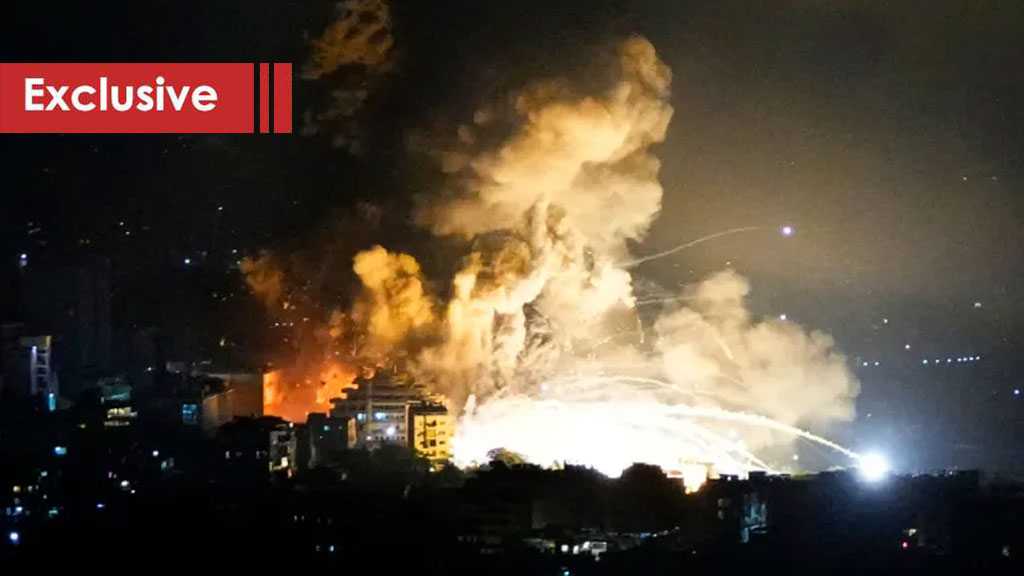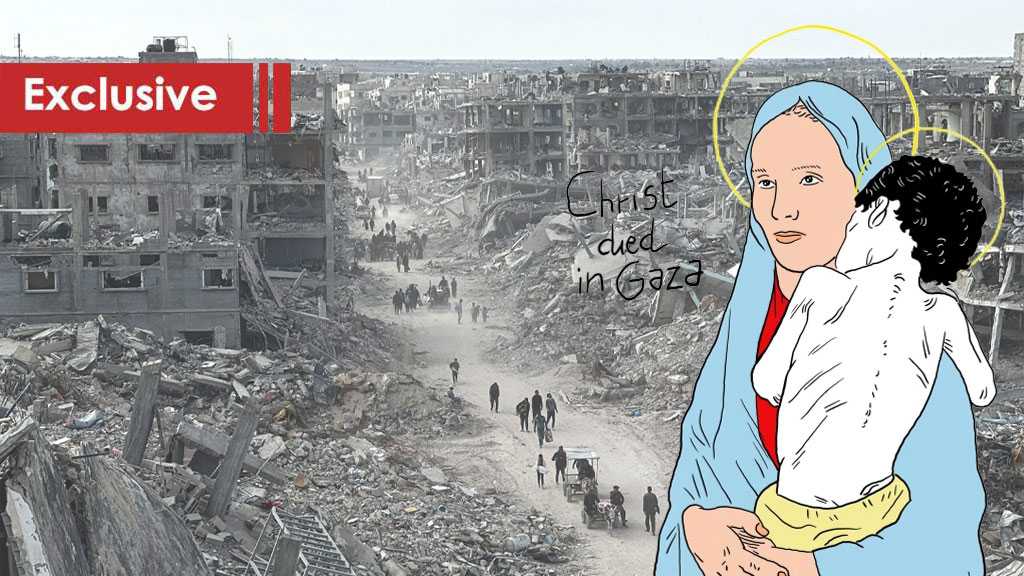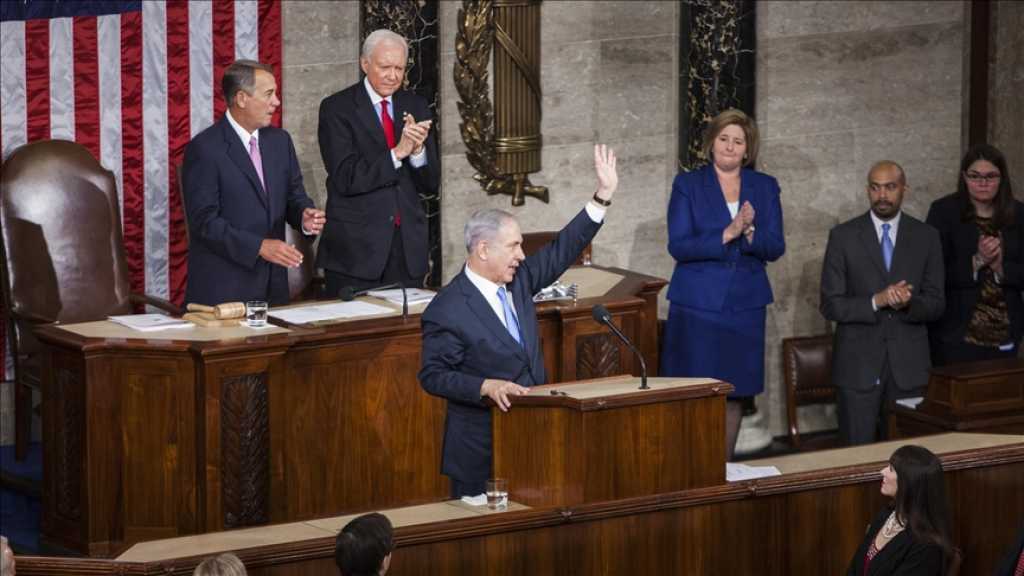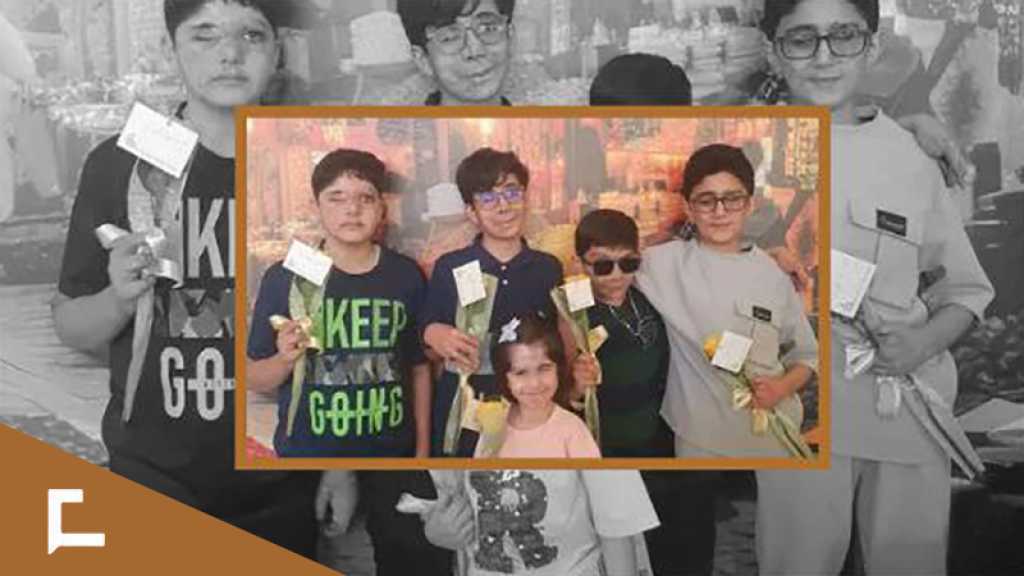Netanyahu’s War: How ’Israel’ Lost the World—and Itself
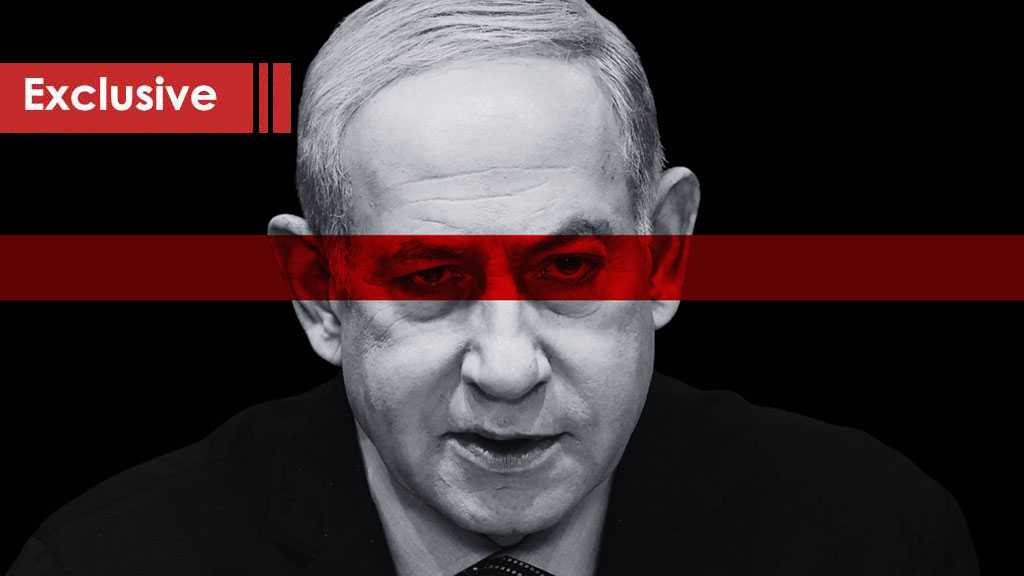
By Mohamad Hammoud
Lebanon – The ongoing war in Gaza, now nearing its second year, has profoundly transformed the political and social landscape of "Israel". What initially garnered widespread support as a justified response to the October 7, 2023 Hamas operations has since evolved into a protracted conflict, increasingly viewed as a strategic, moral and diplomatic burden. As the war drags on, a notable shift is emerging within "Israel's" society—one marked by growing dissent that transcends traditional political boundaries. Much of this shift has been documented and analyzed by New York Times columnist Thomas L. Friedman, whose recent essay captures the complex dynamics reshaping the “Israeli” political landscape.
Internal Dissent and the Crisis of "Israel's" Democracy
In his column, Friedman highlights criticism arising from across "Israel's" political spectrum: the left, the center, and even the right. This growing opposition reflects more than war fatigue; it signals a deeper reckoning with the internal consequences of the conflict. What began as a military campaign has become emblematic of broader political dysfunction, ideological extremism, and democratic erosion. As the humanitarian catastrophe in Gaza intensifies and international condemnation mounts, many in "Israel" are beginning to question whether the war is now damaging the entity’s democracy and global standing more than securing its safety.
Perhaps most striking, as Friedman observes, is the breadth of internal opposition. Former Prime Minister Ehud Olmert, once a champion of strict security policies, has denounced the war as a "war of extermination," warning of the "criminal killing of civilians" in Gaza. Likewise, Amit Halevi of Prime Minister Benjamin Netanyahu's own Likud party criticizes the absence of a coherent strategy. These are not fringe voices but mainstream political figures voicing alarm about the direction of the state. Yair Golan, a retired general and liberal politician, warns that "Israel" is on the verge of becoming a global pariah.
Friedman identifies the Netanyahu government's dependence on extremist factions—such as religious-settler-nationalists and ultra-Orthodox groups—as a central reason for the strategic paralysis. As Avrum Burg, former speaker of the Knesset, explains in Friedman's article, many in this coalition operate with messianic zeal, making pragmatic decision-making nearly impossible. For them, Gaza is not merely a tactical issue but part of a divine mission.
According to Friedman, the war has become more about Netanyahu's political survival than so-called “national security”. Facing corruption indictments and a loss of public trust, Netanyahu has allied himself with extremist elements to remain in power. This political desperation, fused with ideological rigidity, has reshaped the “Israeli” entity. Rather than protecting “Israelis”, the government now prioritizes the survival of a deeply compromised elite. Friedman notes that Netanyahu has repeatedly missed diplomatic opportunities—including with Saudi Arabia—because pursuing peace would mean alienating his hardline base.
The War's Social and Psychological Impact
The war's effects extend beyond politics into the social fabric of “Israeli” society. Friedman recounts a chilling moment during "Israel's" Memorial Day when a child mistook a remembrance siren for an air raid siren and burst into tears. This merging of trauma and collective memory illustrates the psychological toll. Suicide rates, economic hardship and deepening political divisions reflect a society buckling under the weight of unending conflict.
Regional Implications and Missed Opportunities
Friedman emphasizes the broader regional implications of the war. Arab states, such as Saudi Arabia, had shown interest in normalizing relations with "Israel" through the Abraham Accords. However, the ongoing violence in Gaza and the lack of a genuine peace initiative now threatens those opportunities. Instead of isolating its enemies, "Israel" risks alienating potential allies who prefer to engage with a stable, democratic partner rather than one motivated by religious nationalism and militarism.
Netanyahu has responded by doubling down on war, ignoring widespread domestic discontent. Friedman cites recent polls and civil society actions indicating that most "Israelis" support a cease-fire and negotiations for hostage release. The war's continuation now reflects elite obstinance rather than national consensus.
Parallels with Global Populism
Friedman draws striking parallels between Netanyahu's leadership and that of Donald Trump. Both are accused of undermining democratic norms and aligning with extremist factions to retain power. Both portray their legal troubles as conspiracies led by a so-called "deep state." This trend reflects a broader global crisis in liberal governance. The 2024 US presidential election, which saw Trump return to power, underscored how populist forces continue to shape democratic societies. Meanwhile, the 2026 elections in "Israel" may prove decisive in determining whether the country can restore its democratic institutions or drift further into authoritarianism.
Conclusion: A Crossroads for "Israel"
The Gaza war has exposed deep fissures in the “Israeli” society, pitting pragmatic security concerns against ideological fervor. As dissent grows, the path forward hinges on whether democratic forces can reclaim the political agenda from Netanyahu’s far-right coalition. The stakes extend beyond Gaza: "Israel’s" ability to normalize relations with Arab states, uphold international legitimacy and preserve its democratic foundations all hang in the balance.
Friedman’s closing admonition—"organize, organize, organize to win power"—applies equally to "Israel" and the US. The elections of 2026 will test whether these democracies can curb the authoritarian currents threatening their futures. For now, the warning is clear: when even 4-year-olds must distinguish between sirens for mourning and sirens for survival, a society has been at war too long.

